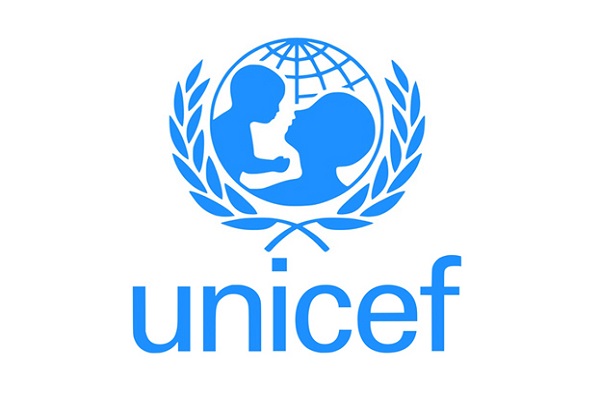News
UNICEF Calls for an improved breastfeeding practices amognst Mothers.
The United Nations International Children’s Emergency Fund (UNICEF) has called for improved breastfeeding practices among mothers.
The global organisation said this could save over 100,000 children’s lives yearly.
UNICEF said this at the World Breastfeeding Week yesterday in Abuja.
In a statement on the annual global event, UNICEF’s Nigeria Country Representative Cristian Munduate said improved breastfeeding practices could also help the country to save $22 million in healthcare treatment costs.
“There is evidence today that every N1,000 invested in supporting breastfeeding can yield an estimated N35,000 in economic returns for Nigeria. Global analysis reveals that elevating rates of exclusive breastfeeding could save the lives of an astounding 820,000 children under the age of five, annually, generating an additional income of $302 billion,” she said.
Commenting on the theme of this year’s celebration, Children and Economies: The Urgent Call for Greater Breastfeeding Support Across All Work places, Munduate urged the federal and state governments as well as employers to take decisive actions that would support a breastfeeding environment for all working mothers, including those in the formal and informal sectors.
Acknowledging the significant strides made in the past two decades in Nigeria to increase exclusive breastfeeding rates, the UNICEF official stressed that more still needs to be done.
According to her, exclusive breastfeeding can “generate an additional US$21 billion for the economy over children’s productive years by increasing cognitive capacity and preventing premature mortality in the early years”.
Munduate added: “Presently, only seven out of 36 states provide six months fully paid maternity leave and only 34 per cent of children aged 0 to six months are exclusively breastfed, as recommended by UNICEF. Nigeria is still far from reaching the World Health Assembly’s 70 per cent target by 2030.
“Presently, women make up 20 million out of the 46 million workforces in Nigeria; 95 per cent are within the informal sector, while the formal sector only employs five per cent. Shockingly, only nine per cent of organisations have a workplace breastfeeding policy, with only 1.5 per cent in the public sector. Women in the informal sector have nearly no support for breastfeeding.
“It is important to have policies that support breastfeeding, such as paid maternity leave for six months, as well as paid paternity leave, flexible return-to-work options, regular lactation breaks during working hours and adequate facilities that enable mothers to continue exclusively breastfeeding for six months, followed by age-appropriate complementary feeding while breastfeeding continues to two years and beyond.”
Credit :Nation.

















